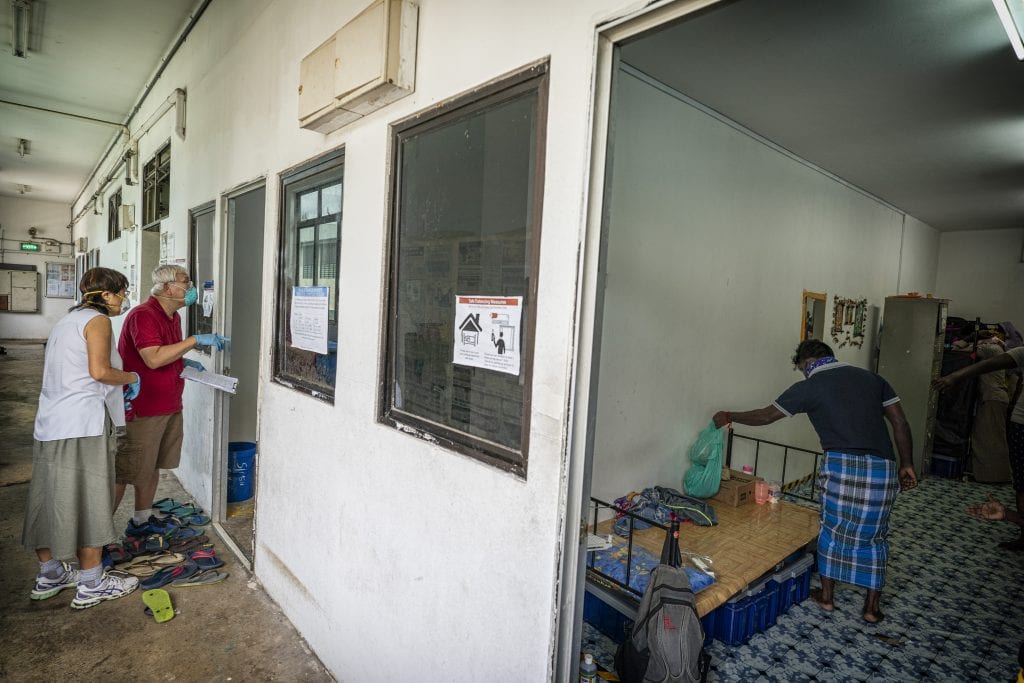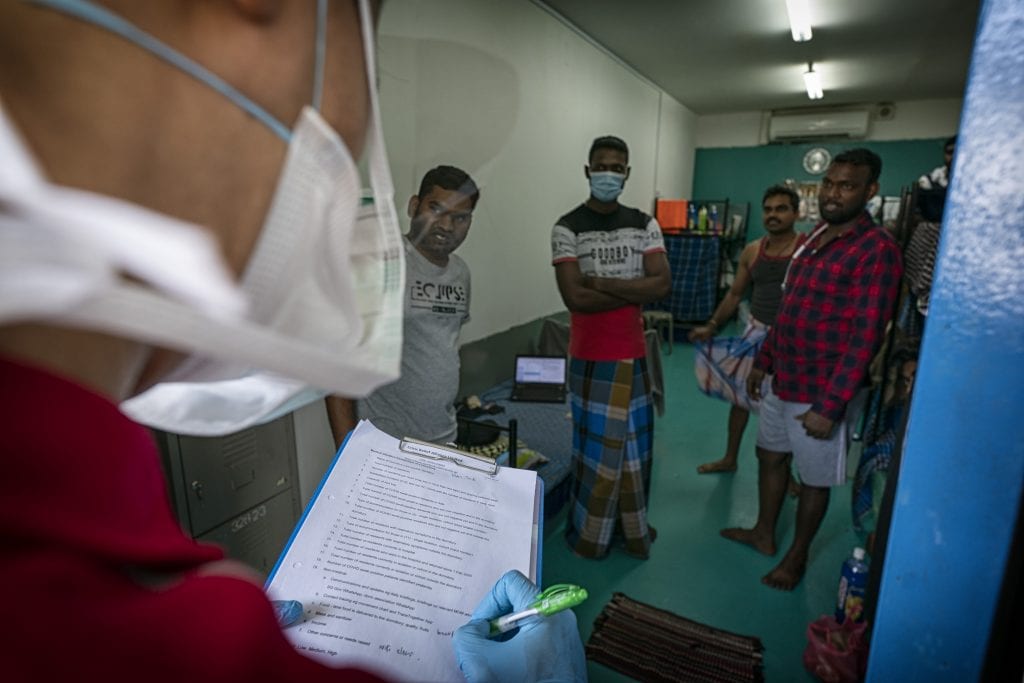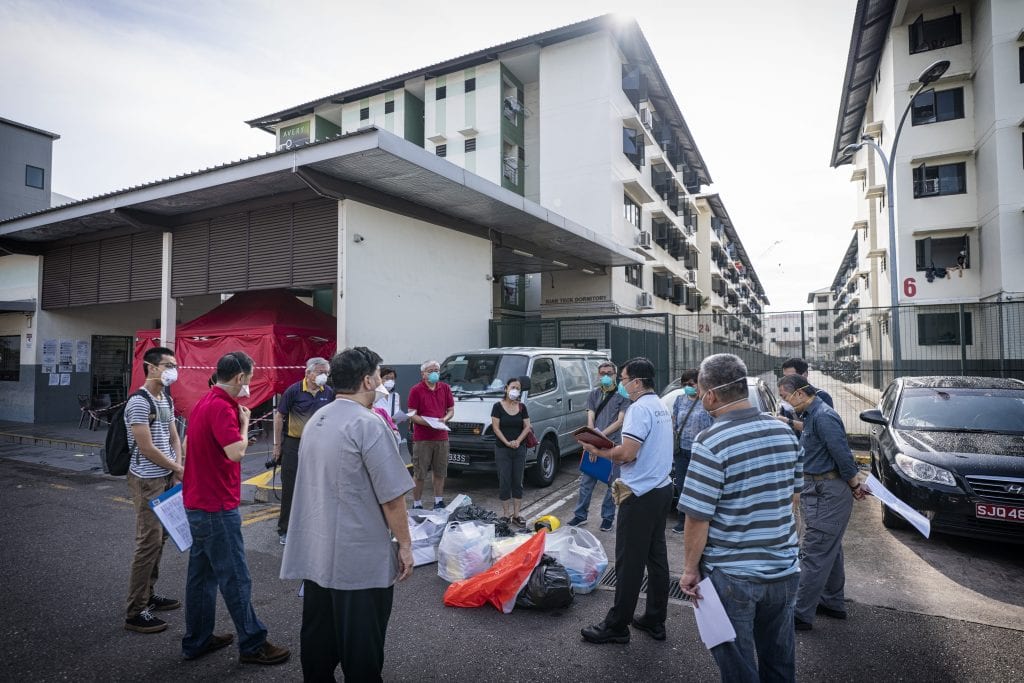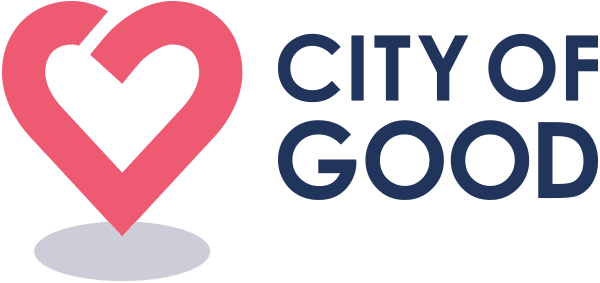Taxi and private bus drivers refused to pick up healthcare workers from Tan Tock Seng Hospital. The same workers couldn’t get a meal because hawker centres did not want to serve them. To avoid risk of infecting their loved ones many refrained from returning home.
That was in 2003, at the height of fears about Sars, when that coronavirus was still an unknown quantity. Cut off from the comfort of home, and treated like social outcasts, healthcare workers faced an isolating and stressful time as they battled an invisible enemy.
For principal social worker Ms Ong Bee Yong, this memory of Sars resurfaced during the early days of Covid-19 pandemic.
Knowing full well the situation could recur, she quickly thought about how social workers like herself, and others in the counselling profession, could rally behind the healthcare community and look after their mental wellness.
Speaking from more than 23 years’ experience in the field, she points out that in any crisis: “I think it’s more common that people handle practical needs. Practical needs are not always difficult to address either. For example, at the community level, if there is a financial case, you can provide financial assistance.”
“But, what goes on in a person’s mind is harder to detect, and it’s easier to cover up.”
All hands on deck: forming a Counselling Team
Friends and acquaintances were roped in to form a 12-member counselling team under not-for-profit organisation, Crisis Relief Alliance (CRA), where Ms Ong serves on the board of directors

CRA has mainly focused on overseas post-disaster relief work since its establishment in 2016. But with the pandemic, CRA has since pivoted its efforts towards needs here.
On March 20, the CRA Counselling Team launched a phone counselling hotline for healthcare workers, signalling they are present and ready to listen. “Our first intention was to provide a neutral platform for them to call in and unload. And we would hold the space for them.”
The CRA Counselling Team’s approach was to treat the situation as a national crisis. “We should put all hands on deck. Whatever your profession, you can just do whatever you can to help. For us, we were a team of social workers and counsellors, and we’re willing to put our professional skills to serve in this area.”
From 9am to 9pm daily, healthcare workers could call in to share their frustrations and worries. In turn, counsellors would provide a listening ear, and direct them to external resources for additional support. The team had initially expected to be in this project for three months tops.
But another opportunity soon emerged for the counsellors.
Expanding their mission
As infection rates surged at the migrant worker dormitories, Ms Ong consulted her team about taking on a new mission: to support the mental and emotional needs of the migrant worker community.

During the Circuit Breaker, workers were being confined to their rooms. With seemingly no end to being cooped up, frustrations and despair rose by the day. Anxieties about their jobs and health, and concern for their families back home, were also escalating.
So CRA extended its existing phone counselling service to them. “Whether you want to call or not, I’m here. And I will hold the space for you. I wanted that message to come out that it is okay to call us,” shared Ms Ong.
“We are fellow human beings, we all have our struggles. If you feel that talking it out helps, then let’s journey for a while, together. And you never know, you may discover a new strength, find a new empowerment that you never knew you could, and sort things out.”
Reaching out to our migrant worker brothers
Within the first hour of launching the hotline, they received a call: “I want to tell you that I’m okay.”
When the counsellor shared this with Ms Ong, she immediately teared up. It was a bright spot during dark times, and something to be thankful for. “That was the best news, because indeed, we’re not here only when you’re not okay, sad and depressed. We also want to be here for you when you’re happy and rejoice with you.”
That call was the start to what eventually became a seven-month long project.
At the same time, other CRA volunteers were delivering and distributing food and supplies to the dormitories every day. The CRA Medical Team of volunteer doctors and nurses also provided medical support and conducted frequent needs assessment.
Counsellors would join the medical team’s visits to the dormitories, to gain a better understanding of what the migrant workers were going through. The team was also able to get contact details of workers in the isolation wards, and follow up with them.

Many were pleasantly surprised when the team called them. Not many Singaporeans speak to them outside of their work setting, let alone willingly listen to find out how they were doing, or ask after their families.
Having lived overseas before, Ms Ong understands why it matters if a local reached out to you. “That’s when we feel grounded and rooted [to our new home], that someone from the host country wants to get to know you and allow you to know a part of their life… I thought this is a little bit of what we can extend to our foreign workers.”
“It certainly would be a pity if after eight or 10 years of working here, the only Singaporean that they would have spoken to is their supervisor.”
Listening offered Ms Ong different perspectives. One worker revealed that he did not tell his family that he was unwell. The situation back home was far more serious, and he did not want to worry them. He added with certainty: “I will get well in Singapore. Don’t worry! So I don’t need to worry my family.”
She was deeply moved by what he said. “It was very touching, that confidence he placed in Singapore’s healthcare system.”
Volunteers as their greatest strength
At the President’s Volunteerism and Philanthropy Awards (PVPA) 2020 Special Edition – Our Finest Hour in the City of Good, Ms Ong was awarded under the ‘Leaders of Good’ category for her leadership and work during this pandemic.
But she emphasises that this award is not hers to keep, and shares it with all CRA volunteers.
She marvels at the 200 individuals who stepped forward to join CRA’s various work at the dormitories, and said with a laugh: “People were even calling the hotline to ask if they could volunteer!”

“We were not expecting people to be so excited to volunteer. They’ve all worked so hard in the last seven months. It’s amazing that people are willing to go through such lengths, even quietly behind the scenes…We saw many sacrificial Singaporeans.”
Indeed, many volunteers were working and managing other responsibilities at the same time. Ms Ong, herself a mother of two and works part-time at Lakeside Family Services, was also juggling her postgraduate studies.
To prevent burnout, she ensures she gets proper rest and regular exercise, being as dutiful about self-care as she is about helping others. More importantly, she has a community of family, friends and colleagues for emotional support. “Never once have I felt alone in this journey,” she shares.
Weekly check-ins with her team also kept her going. “One of our counsellors said that our regular Zoom meetings were like having all 12 of us sit around a kitchen table, drinking a cup of hot tea, just having a chat and talking about hotline work.”
“Having a good team is so important, and we’ve got such a great team at CRA…When you have so many dedicated people running along, we pace each other.”
As CRA is entirely volunteer-run, people have always been its main asset. With Singapore transitioning into Safe Re-opening and many returning back to work, its volunteer numbers have dipped.
But Ms Ong remains hopeful that once restrictions ease — even more in Phase 3 of Safe Re-opening — new individuals will come on board. CRA continues to welcome anyone interested in joining, especially with new projects in the pipeline.
The work still continues beyond the pandemic
With the situation at the dormitories now contained, CRA’s crisis management work has tapered off, with the phone counselling hotline coming to a close on 31 October.
Yet, work has not at all ceased for its volunteers.
CRA is now focusing on long-term plans to continue their migrant worker engagement, through partnerships among communities and organisations keen to befriend and offer language classes.
With funds, they also hope to set up a Migrant Workers’ Service Centre within recreation centres for migrant workers. There, counsellors and social workers can continue to meet the community’s psycho-social needs, carrying out preventive and remedial interventions, such as outreach and counselling.
“We don’t want to wait until problems become too big. We want to be there and have a presence, so that they (migrant workers) know that if they need help, we will be around.”
Photos by: Bryan van der Beek | Words by: Tan Jean Hann
In partnership with What Are You Doing SG, a platform capturing the stories of people in Singapore, their challenges, collaborative nature and problem-solving spirit.




















